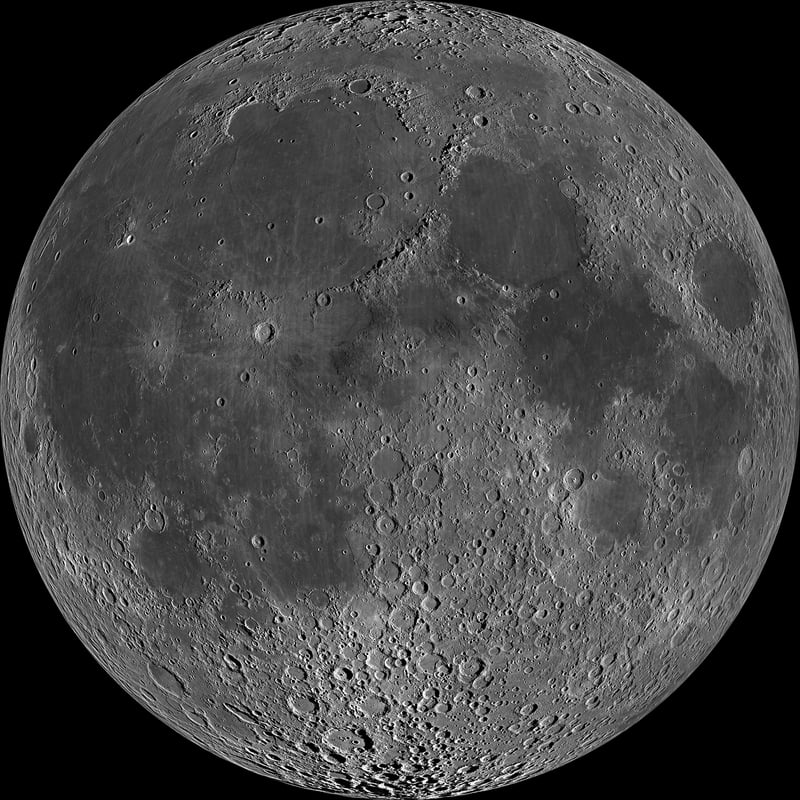Time Dilation Effects
Exploring the Unknown: Time Dilation Effects
Have you ever wondered about the mysteries of time and space? Delve into the fascinating world of time dilation effects, where the passage of time can vary depending on the conditions you are in.
What is Time Dilation?
Time dilation is a concept from Einstein's theory of relativity that describes how time can appear to move slower or faster depending on the relative motion of objects and the gravitational forces acting on them.
Types of Time Dilation
There are two main types of time dilation:
- Gravitational Time Dilation: Time moves slower in stronger gravitational fields. This means that a clock closer to a massive object like a planet will tick more slowly compared to a clock further away.
- Velocity Time Dilation: According to the theory of special relativity, time dilates for objects in motion relative to an observer. This effect becomes more pronounced as the object approaches the speed of light.
Implications of Time Dilation
Time dilation has profound implications for space travel and our understanding of the universe. Astronauts traveling at high speeds or near massive objects will experience time differently than those on Earth. This effect has been verified through experiments with atomic clocks on satellites and is crucial for technologies like GPS to function accurately.
Exploring the Unknown
As we push the boundaries of space exploration, understanding time dilation effects becomes essential. Venturing into the depths of space or near black holes could lead to experiences where time behaves in unexpected ways.
Discover More
For further exploration of time dilation and its implications, check out these resources:
- NASA - Learn about space missions and research on time dilation.
- Space.com - Explore articles on theoretical physics and the nature of time.

